Apocalypse, maybe
Netflix’s Leave The World Behind explores the familiar tropes of paranoia and anxiety when things fall apart.
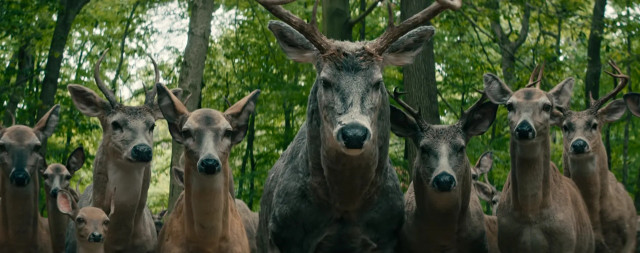
It did not take long for conspiracy mills to run wild after Netflix’s ensemble thriller Leave The World Behind was released on the streaming platform. Forget that it’s a book adaptation, a production credit to the Obamas was all that was needed to spark a bout of paranoia. What could the story mean? Is the United States under threat of foreign attack? Or a false flag to stage a coup pinned on the Republicans? Why do ‘those in control’ want to convince people ‘no one is in control’?
We live in weird times. Or as some think the Chinese might say ‘interesting times’. From the coronavirus to multiple global recessions, to being on the brink of World War 3, the last few years have been a roller coaster. Climate collapse stares right at us while corporate interests seem to grow more in common with climate change deniers. Academics warn us we’re in a storm of polycrisis. We may or may not have to contend with aliens. Conspiracy theorists may have always been a wild bunch, but it’s hard not to feel an unshakeable sense of dread these days.
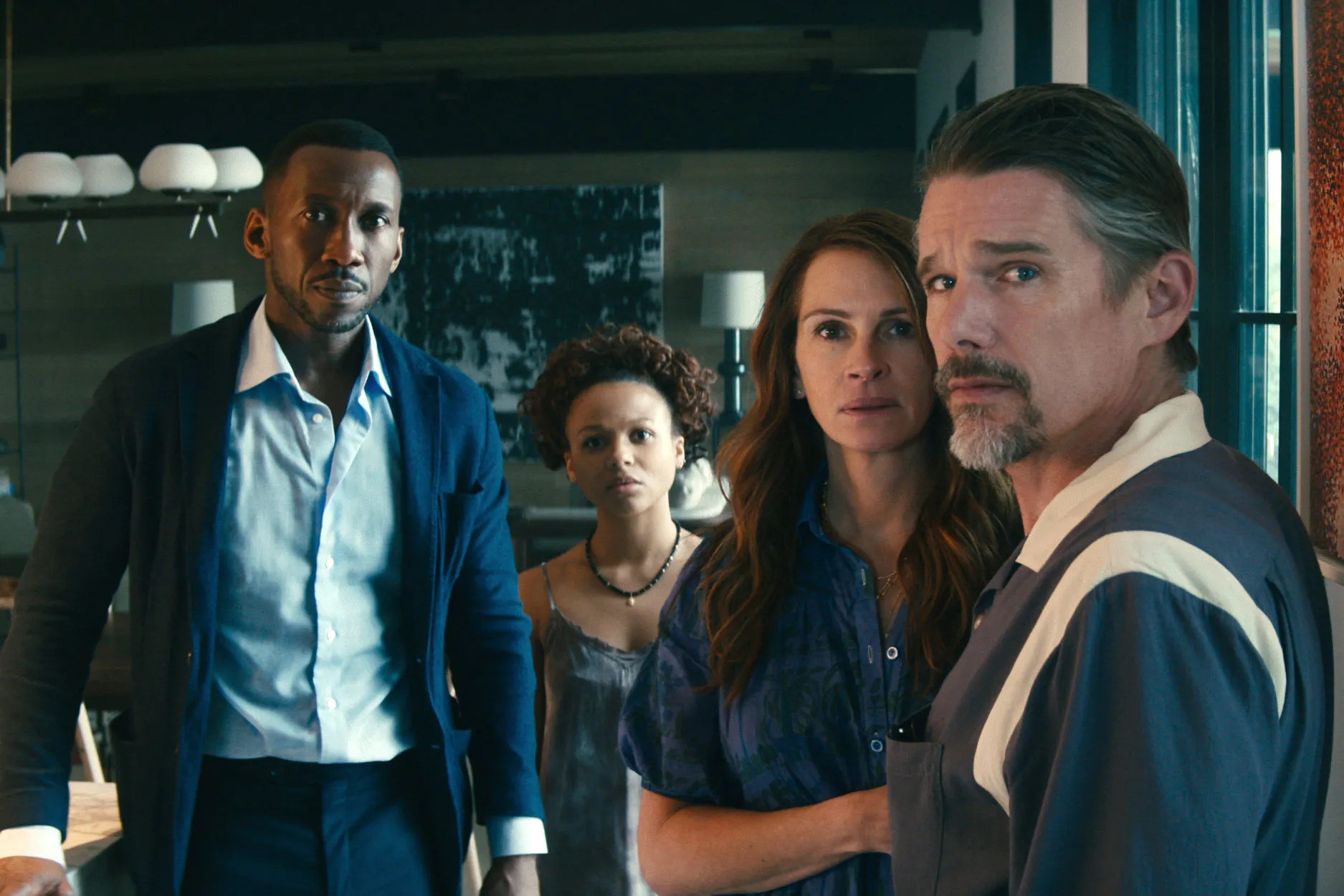
Leave The World Behind operates on a fairly simple premise. What if you (and by you, I mean someone who lives in America) wake up one day and discover the doomsday preppers were right. The modern amenities that we take for granted no longer works. Neither does, you discover, the social contract, that glue that binds our ‘fragile’ civilisation. Will pandemonium ensue? It always does, in Western fiction at least.
It is funny watching the first third of the movie as a Pakistani. I imagine it would be funny for may others in the developing world as well. The first ominous hints presented in the story would seem quite familiar to us. The Internet stops working. The power goes out. For the characters of the story, it plants the seeds of panic. Although a lot more happens between then and the end of the movie, the premise rests on that simple panic and confusion. In the film’s reality (and maybe in the minds of many of those who live in the First World), that is enough to break down social order.
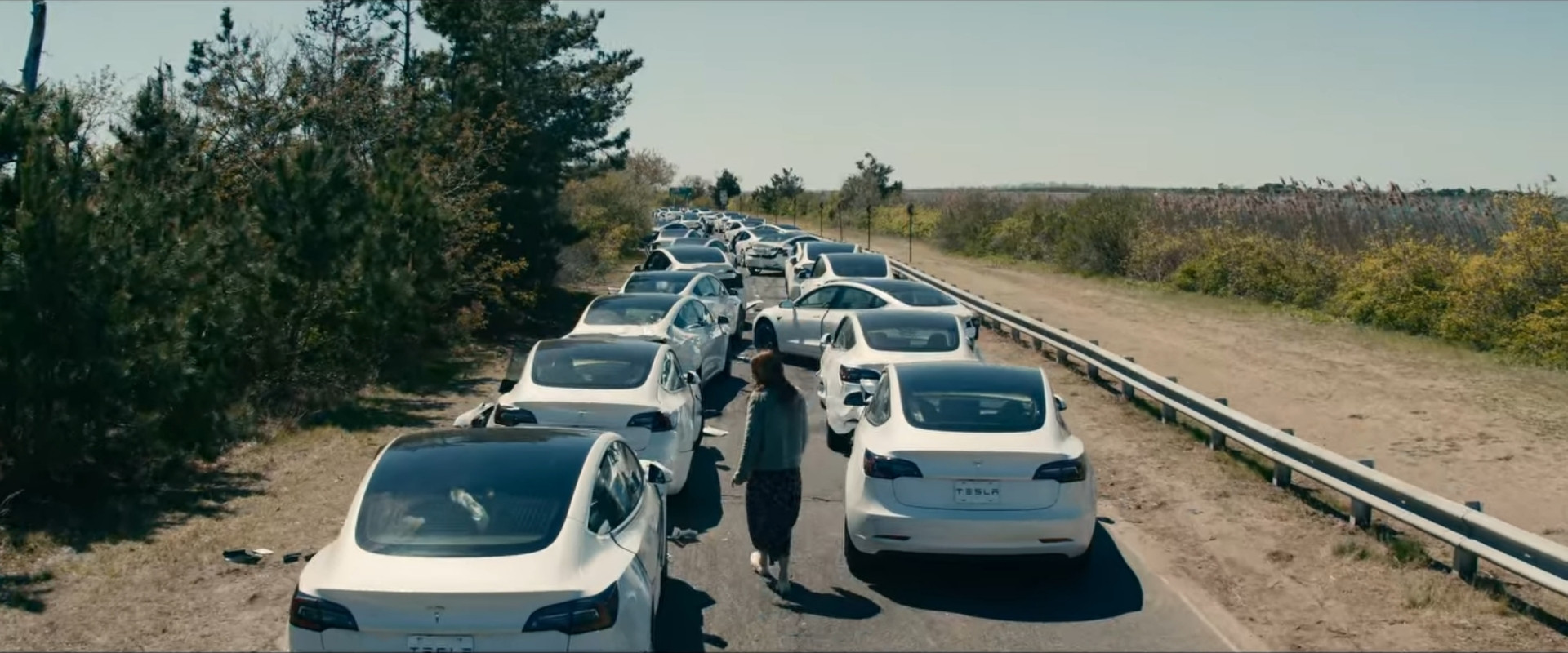
I couldn’t help but engage in a thought experiment. If it were to happen in Pakistan, we would simply sleep in and just make the most of it with family and friends. After all, the entire country was left without electricity for a day for a second time earlier this year. The Internet, too, has often been throttled at times of political and religious activity. Critics could say such events have not lasted too long. Perhaps we do, despite our administrative dysfunction, place some unfounded trust in our authorities to eventually put things back as they were (if not entirely in order).
Speaking of family and friends, a frequent trope in post-apocalyptic fiction, much of which comes to us from the West, is a near instant evaporation of social order. From Mad Max to The Last Of Us, the message seems to be that law, order and a government’s monopoly on violence is the only thing keeping us from viciously turning against each other.
A psychoanalyst might have a field day exploring the roots of this Western (read American) anxiety. Perhaps as the film suggests, it is a collective sense of guilt in response to a history of exploitation and global violence. The US and the West has made too many enemies around the world, and those chickens may yet come to roost. The niceties, the politeness and the political correctness, meanwhile, paper over an inherently savage human nature. Without technology and institutions, without the state’s military might, the mask would instantly come off, like The Purge.
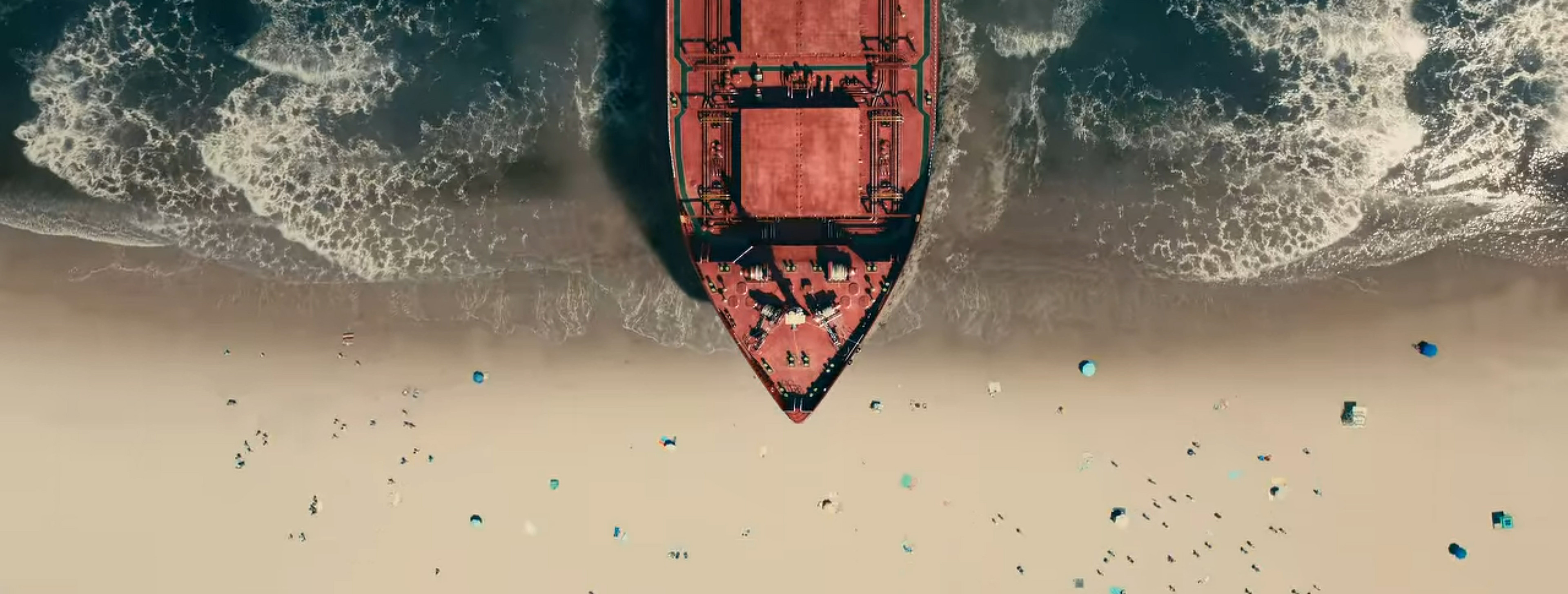
I’m optimistic, perhaps naively so on this count. Telling as these post-apocalyptic anxieties are, they may be nothing more than ideological conditioning. The system functions with manufactured consent. As it poisons the world slowly, it relies on people’s conviction in the alternative being so much worse.
There is no doubt that times of social upheaval across history have been marked by horrific episodes. They have also, through the ages, brought out the best in humanity. It may not seem so at times, but civilisation, especially as we know it, is pretty recent. What existed in its absence? Internecine warfare and brutality, sure. But also, persistent human collaboration and compromise.
I would imagine we would see more of the latter, if things break down again. Like I said, I’m an optimist.

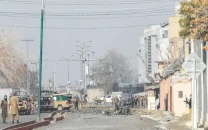


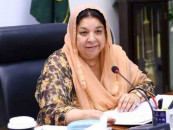
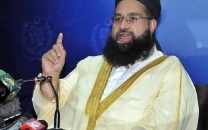
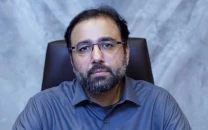












COMMENTS
Comments are moderated and generally will be posted if they are on-topic and not abusive.
For more information, please see our Comments FAQ